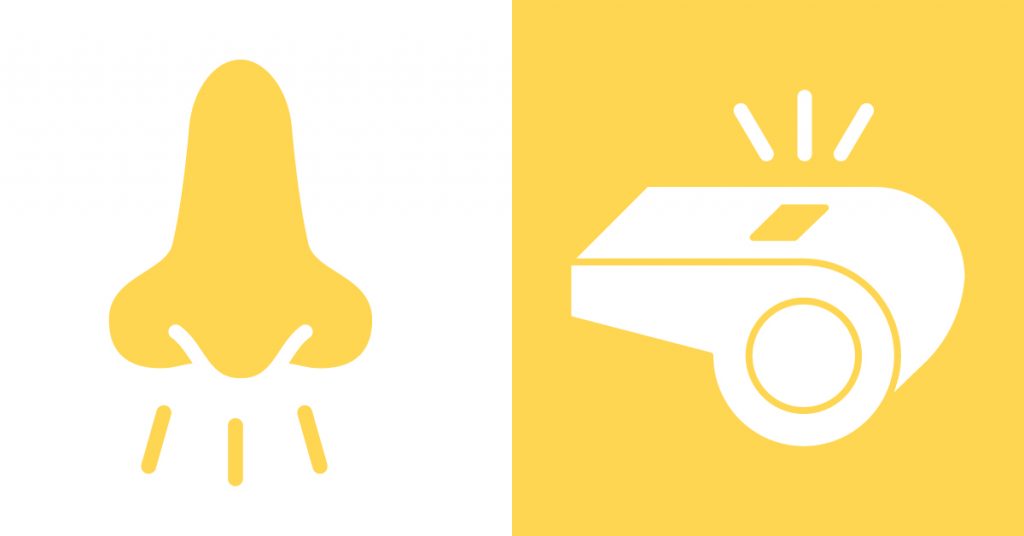A whistling nose may be amusing—at first. But if the whistle persists, it can quickly become annoying, disrupting concentration by day and interrupting sleep at night. Could it be a sign of some underlying health issue? It’s possible.
Nasal obstruction and whistling
Whistling is a sign of obstruction of airflow and may be the result of the following:
- Congestion of the nasal passages – Whether from a common cold or allergies, excess mucus or inflammation in the nasal passages can be the culprit of the whistling noises. The whistling is temporary; however, you may wish to use an over-the-counter decongestant for a cold or an antihistamine for allergies. Other remedies include using a neti pot or nasal strips to help open nasal passages.
- Deviated or perforated septum – The septum is the bony structure in the center of the nose that separates the right and left nasal cavities. When the structure is off-center or crooked, the natural flow of air is often obstructed, to some degree, causing symptoms. Loud breathing and snoring are more commonly associated with a deviated septum. A different condition of the septum is more likely to be the cause of whistling.
If you hear whistling every time you breathe through your nose, you may have a perforated septum. A perforated septum occurs when a small hole or tear in the bone separates your nose into two sides. When air travels through the hole from one nostril to the other, the airflow creates a whistling sound.
While it is possible for a perforated septum to heal on its own, several options are available to treat or repair the septum. First-line therapies may include the use of saline sprays and antibiotics. Next, a non-surgical procedure involves placing a prosthetic ‘button’ to seal the hole. For more severe cases, surgery is the preferred option.
- Polyps or turbinates– It’s possible that nasal polyps or enlarged turbinates could contribute to a nasal whistle, as either condition could alter airflow in the nasal passages. A consultation and exam by a board-certified otolaryngologist are recommended.
If you’re ready to end the whistling once and for all, see one of our physicians. Contact Oakdale ENT today by calling 763-233-5755 or schedule an appointment online.
